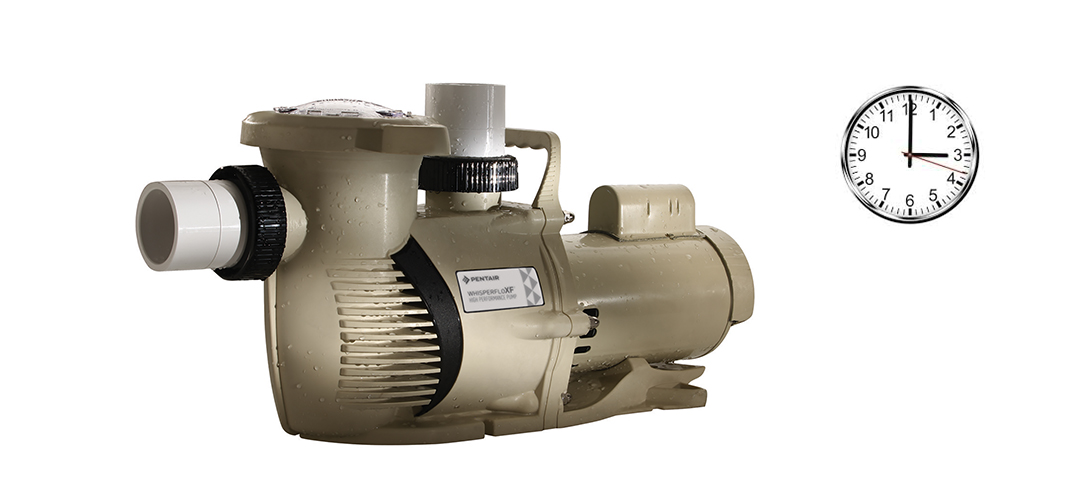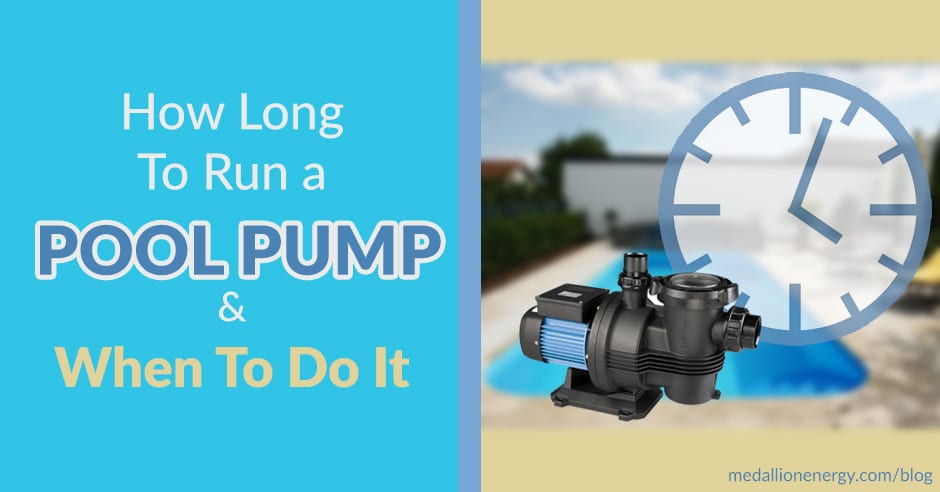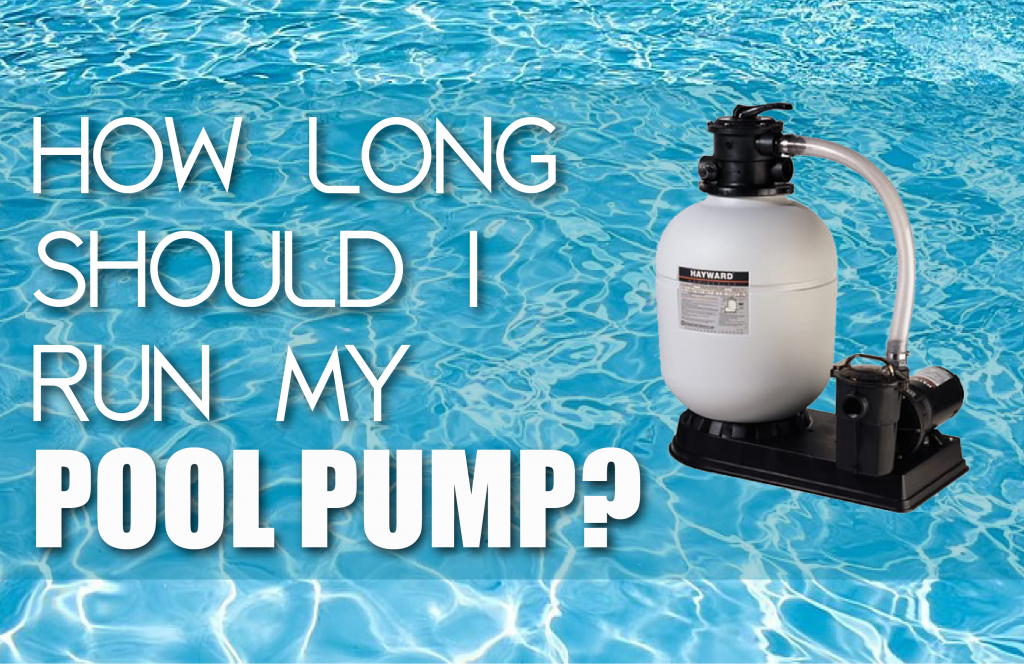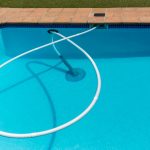Running a pool pump is essential for maintaining a clean and healthy swimming pool. The pump circulates the water, filters out debris, and helps distribute chemicals evenly. However, many pool owners are unsure about how long to run their pool pump each day. In this article, we will discuss the factors that influence pump runtime and provide some general guidelines to help you determine the optimal running time for your pool pump.

Credit: www.swimmingpool.com
Factors to Consider
Several factors determine how long you should run your pool pump:
Pool Size
The size of your pool plays a significant role in determining pump runtime. Larger pools require longer pump runtime to ensure proper circulation and filtration. If you have a small pool, you may be able to run the pump for a shorter duration.
Pool Usage
The frequency of pool usage also affects pump runtime. If your pool gets a lot of use, you will need to run the pump for longer periods to maintain water quality. Pools used less frequently may require shorter pump runtimes.
Climate
The climate in which your pool is located can impact pump runtime. In warmer climates, where water evaporation and algae growth are more prevalent, you may need to run the pump for longer periods to prevent these issues. In cooler climates, you may be able to run the pump for shorter durations.
Filtration System
The type and efficiency of your pool’s filtration system also affect pump runtime. If you have a high-quality filter, you may be able to run the pump for shorter durations without compromising water quality. However, if your filtration system is older or less efficient, longer pump runtimes may be necessary.
General Guidelines
While the specific pump runtime for your pool may vary based on the factors mentioned above, here are some general guidelines to consider:
Run The Pump For At Least 8 Hours
As a general rule of thumb, it is recommended to run your pool pump for at least 8 hours a day. This duration allows for sufficient circulation and filtration to keep the water clean and clear. However, this recommendation may not be suitable for all pools, so it is important to consider the factors mentioned earlier.
Consider Splitting The Runtime
Instead of running the pump for a continuous 8-hour period, you may consider splitting the runtime into two or more sessions throughout the day. For example, you could run the pump for 4 hours in the morning and 4 hours in the evening. This approach can help optimize filtration and circulation while reducing energy costs.
Monitor Water Quality
Regularly monitoring the water quality of your pool is crucial in determining the appropriate pump runtime. If you notice excessive debris, cloudy water, or algae growth, it may indicate that the pump is not running for a sufficient duration. Adjust the pump runtime accordingly to maintain optimal water conditions.
Consult With A Professional
If you are still unsure about how long to run your pool pump, it is advisable to consult with a professional pool service provider. They can assess your specific pool requirements and provide personalized recommendations for pump runtime.

Credit: www.medallionenergy.com
Conclusion
Running your pool pump for the right amount of time is essential for maintaining a clean and healthy swimming pool. Factors such as pool size, usage, climate, and filtration system all play a role in determining the optimal pump runtime. While 8 hours a day is a general guideline, it is crucial to consider these factors and make adjustments accordingly. Regular monitoring of water quality and seeking professional advice can help ensure that your pool remains in optimal condition throughout the swimming season.





